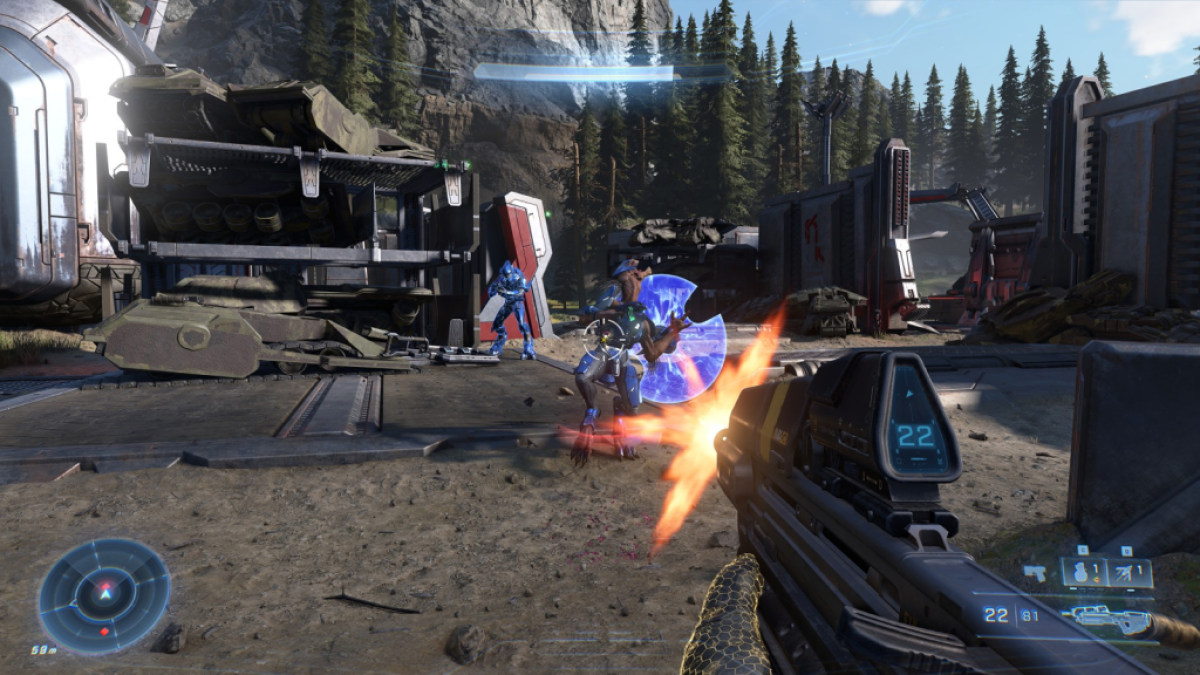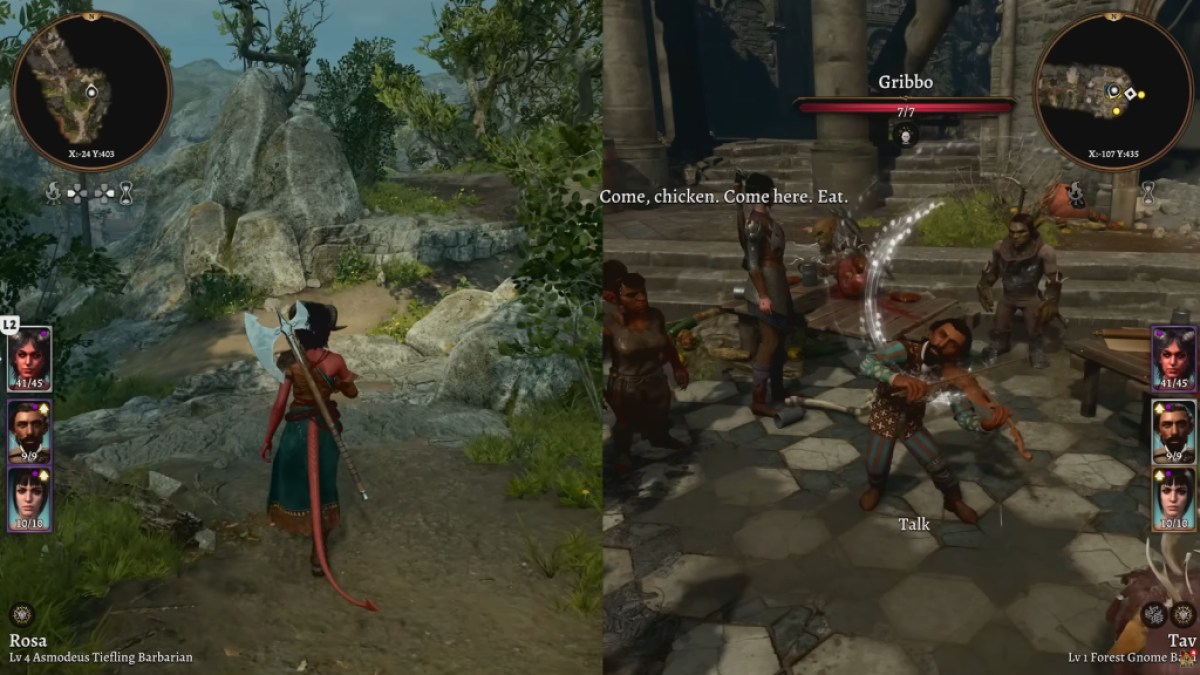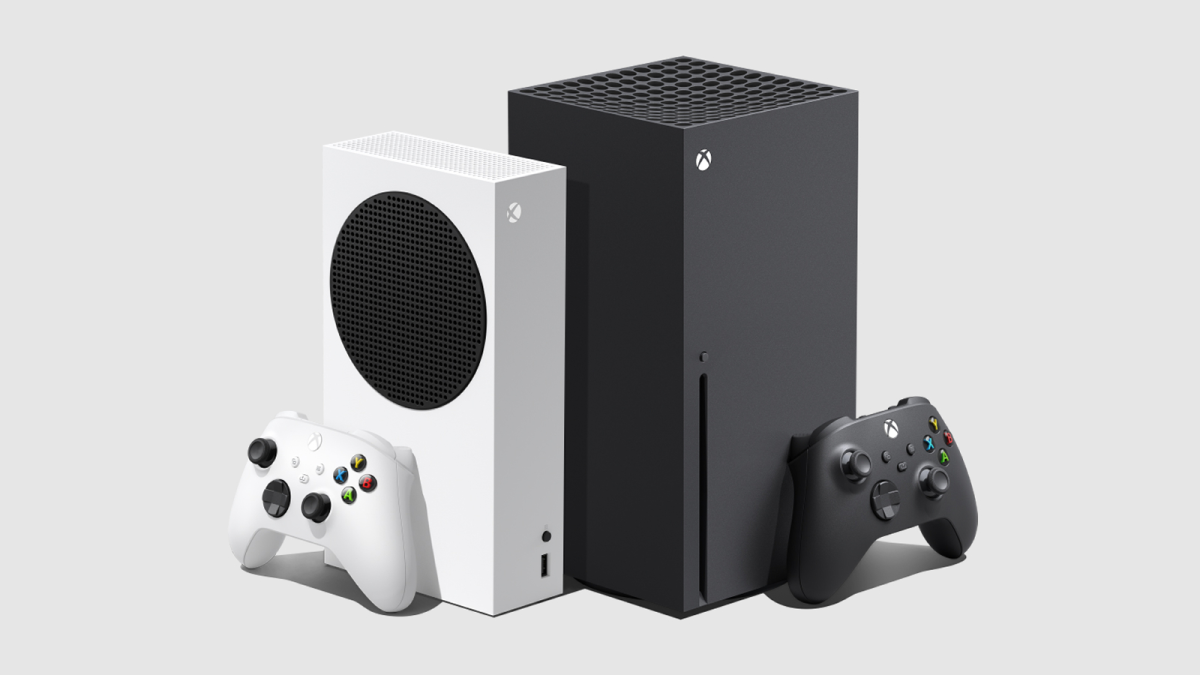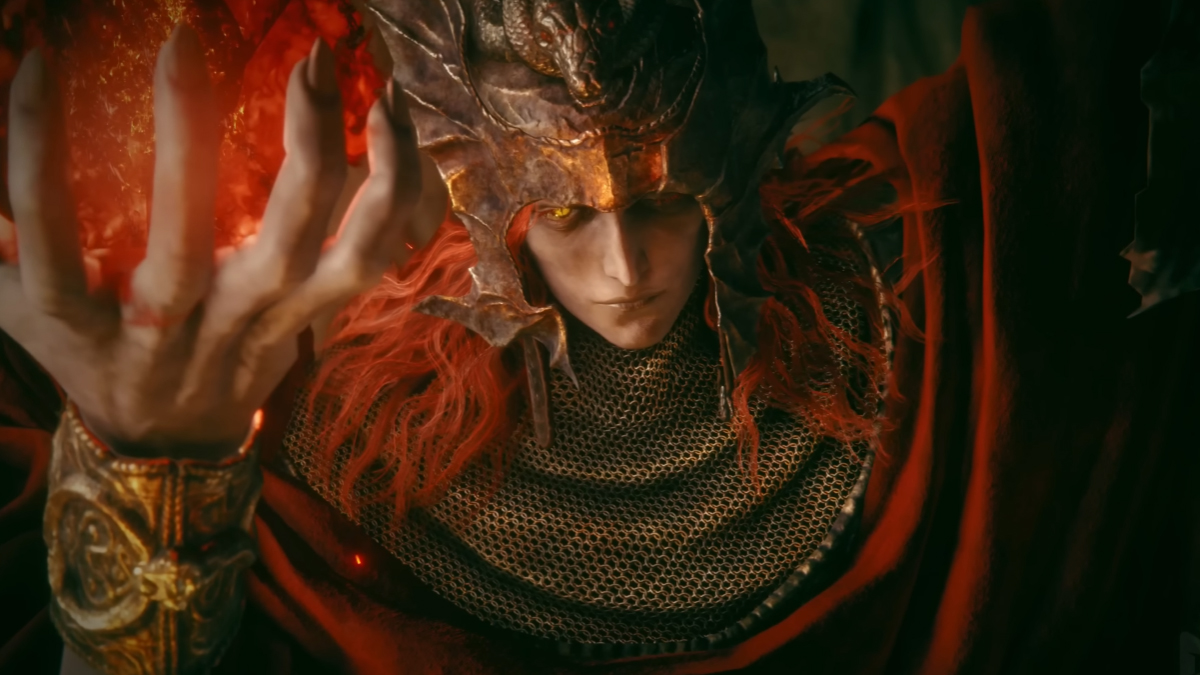I have a confession to make: I’m the reason why the Xbox Series X|S doesn’t have a killer app yet.
Okay, I can’t take all the blame. It’s shared equally by me and everyone like me who owns an Xbox Series S. I love my Series S; if you own one, I’m sure you love yours, too. But the problem with Microsoft’s entry-level, next-gen console that could is that, by its nature, it kills killer apps.
Wait, What Is a Killer App, Again?

Now, when I say “killer app,” I don’t just mean “an awesome video game you really want to play.” The Xbox Series X and S already have plenty of those. I’m referring to the strict definition of the term, which is “a video game so good you have to buy the only console it’s on.”
Video game history is littered with killer apps. They’re what make consoles market leaders – or keep them competitive, at least. They do this by delivering a unique gameplay experience, often through a combination of innovative mechanics and hardware.
In the Xbox product line’s history, the Halo franchise has typically filled this role. Original Xbox launch title Halo: Combat Evolved married the first truly satisfying console first-person shooter experience with revolutionary multiplayer action. Later entries further iterated on this formula, keeping gamers on the hook as the Xbox gave way to first the Xbox 360 and then the Xbox One.
Related: Is Bethesda’s Blade Game an Xbox Exclusive?
Yet the latest Halo installment, 2021’s Halo Infinite, isn’t quite the draw its predecessors were. There are plenty of reasons for that, but part of the problem is the novelty’s gone. You don’t need Halo Infinite because, essentially, you’ve played it before. Why buy an Xbox Series X or S for that?
The same goes for one of the Xbox Series X and S’s other would-be killer apps, Microsoft Flight Simulator. While that game does raise the bar in certain areas and has posted strong sales, it didn’t close the gap between Xbox and Sony’s PlayStation 5. But then, why would it? It’s also available on PC, as is Halo Infinite and other killer app hopeful, Starfield.
Obviously, a recurring theme here is Microsoft’s increasing ambivalence to console exclusivity. Company execs don’t care whether you play Xbox games on a console or a PC, so long as it’s part of the Microsoft ecosystem. In that sense, the Game Pass subscription service is Microsoft’s killer app. There’s a drawback to the platform-agnostic approach, though: the slow death of innovation.
The Xbox Series S Is a Weight Around the Series X’s Neck

If that sounds melodramatic, ask yourself: why hasn’t the Xbox Series X|S delivered a truly dazzling, knock-your-socks-off title yet? Because of the Series S. As part of its cross-platform strategy, Microsoft leans on studios to ensure that Series S releases have the same features as their Series X counterparts. Effectively, a Series S owner’s experience should be the same as that of someone playing on a Series X or high-end gaming rig. The knock-on effect of this is that studios scale back their creative ambitions.
As Remedy’s Thomas Puha noted back in March 2021, there’s more to optimizing a game for the Series X and Series S than “lower[ing] your resolution and texture quality.” Instead, many developers work backward from the limitations of the Series S when designing both builds. Otherwise, they can’t deliver the feature-to-feature parity Microsoft demands.
The recent Xbox Series X|S release of Baldur’s Gate 3 illustrates this point perfectly. That game’s split-screen gameplay worked as well on Xbox Series X as it did on PC and PS5. It wasn’t technically feasible on the Series S, however, so Larian Studios cut split-screen from that version of the game. Other developers might’ve cut it from every version up front.
Related: Is Skull & Bones on Xbox Game Pass?
If only a handful of studios are willing (or able) to take full advantage of the Series X’s capabilities, how will they ever push the envelope? Of course, as a Series S owner, I have a vested interest in developers not pushing the envelope, since it means settling for downsized versions of Series X titles. But as someone who loves games more than console brands, I’m even more committed to seeing the medium grow.
In the long run, developers pushing the Series X to its limits is good for everyone – even if it means we get a Series X|S killer app that’s best enjoyed on the Series X alone. Innovation breeds innovation; it ripples throughout the industry. An outstanding Xbox exclusive (if such a thing even exists anymore) can inspire the next great PS5-only effort. We all get cool games, forever and ever, amen.
So, even though I love my Xbox Series S, I’ve got my fingers crossed that a Series X|S killer app will one day appear that it’s barely capable of playing. It’d better: I’m sick of living with all this guilt.






Published: Feb 14, 2024 02:00 pm